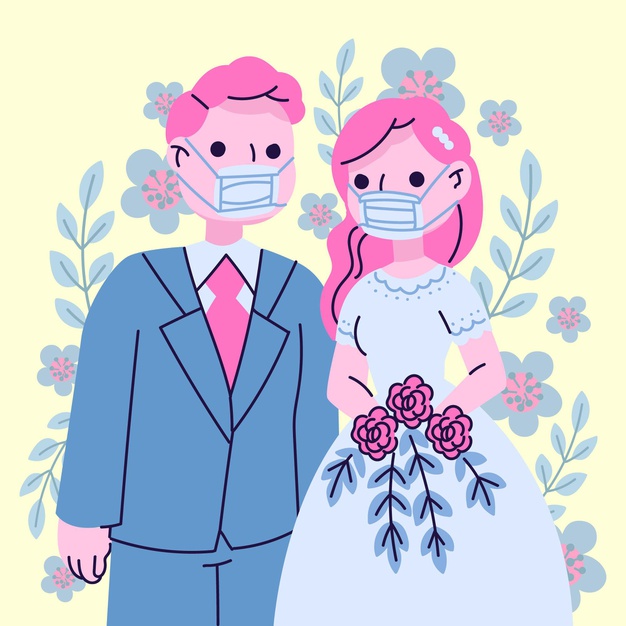Introduction :It is no wonder that 24/7 demands on social networks are an exact problem for young people today. Besides being far beyond what many adults understand and rely on social media, they also use social media at far higher rates.Social networking undoubtedly plays an integral role in growing and helping teens learn valuable technical skills. But how does this whole social networking affect young teenagers? The results can be significant in most studies.The developing brains of young people are vulnerable to too much time online; their risks can be increased since they are often difficult to monitor their own screen time. They are also more susceptible to peer pressure, cyberbullying, and sexing, all-digital networking practices, which make online interaction in the virtual world unfortunate.Serious DepressionResearchers have just begun to relate depression to social media. Although they did not find a cause and effect relationship between social media and depression, they found that the use of social media could be correlated with an escalation in depressive symptoms, including decreased social interaction and increased isolation.Anxieties :Teens also sense their social media accounts emotionally involved. They feel the need not only to react quickly online but also the pressure to get perfect pictures and written posts, both of which can trigger a lot of fear. In reality, some studies have found that the more people feel anxious about keeping something private, the bigger a teen’s social circle personal.Starvation of SleepOften young people use social media for so many hours, and they lose precious sleep. This lack of sleep can also lead to a decline in mood, grades, excessive consumption, and aggravate established issues such as depression, anguish, and ADD.Adolescents aged 12 to 15 years speak about their use of social media and their effects on sleep. They found that one-fifth of young people state that they “almost always” wake up and join social media during the night.Anger and hate:Jealousy and anger during normal emotions can trouble adolescents if they are residents of what someone else has or has not. And, because people choose not to post good stuff, they may feel that other people lead more exciting lives than they do or illuminate bad news with funny little information.Sadly, adolescents often don’t know that people prefer to share only on social media their ‘highlight’ and often keep boring or unpleasant encounters off the Internet. Consequently, the life of another person might look great online, but they have problems offline, just like everyone else.Even for a teenager, it’s easy to play the game and believe they’re all more content or excellent. This can lead to depression, boredom, frustration, and a range of other problems.Conclusion :Given that so much brain development occurs during maturity, parents must consider the effect of social media on their children. This is why guidelines on the use of social media are significant.Families should also periodically explore how to use social media respectfully and safely. When families enter the social media landscape together, young people’s environment is much easier to cope with online.
About the AuthorJaideep Singh is a professional content writer/editor. After a brief stint as an in-house writer for WNS & Amzer, he started working as a freelancer. Since then, he has been actively working for various companies and brands. Apart from professional writing, he loves to read, explore world music, and cultivate his skills. When time allows, he loves to write on pressing issues and pen down his personal thoughts.

















![Alibaba [The Detailed Review]](https://readnheal.com/wp-content/uploads/2022/09/alibaba-review-360x180.jpg)